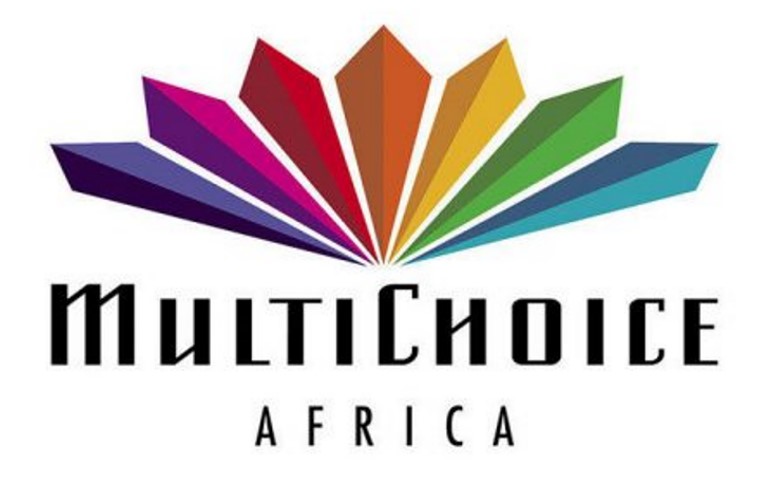

By Catia Teixeira, MultiChoice Africa Holdings Group Executive Head of Human Capital (www.MultiChoice.com).
An organisation is only as good as its people. Ensuring those people perform to their best is the role of human capital. Today, the field has a range of tools to ensure real-time engagement and agile interventions for optimal job satisfaction and performance, writes Catia Teixeira, MultiChoice Africa Holdings Group Executive Head of Human Capital.
Each of us, in our professional and personal lives, strives for growth and development. Opportunities to grow are rewarding on a deeper level, supporting the kind self-actualisation that makes life most worthwhile.
In the human-capital context, employee engagement is a measure of how actualised we are. The more engaged we are, the more likely we are to perform in our daily duties. Staff engagement is fundamental to workplace morale.
But ultimately, we engage when we feel enriched; and our relationship to our work helps us grow. Growth and development are a personal need for most individuals. But it can also be highly rewarding for a business to identify a talented individual for development programmes and to then see them bloom.
Identifying growth opportunities
Some employees make an impact from day one. Others are dedicated, but a bit shy. Talent management processes must work for both. A twice-yearly organisational talent review should identify where every employee is performing, and where they have potential for growth.
Interaction within an organisation is also important. It helps to identify cross-departmental opportunities for individuals, and to create relevant developmental plans for every staff member.
Those plans should be systematic. An in-house training academy is an invaluable platform for staff development. Our online MultiChoice Academy has more than 4000 courses available – in finance, HR, management, marketing, or whatever capabilities are relevant to our people’s roles.
Face-to-face training remains relevant, but whichever form the training takes, it should be tailored and customised to meet employee needs identified in their periodic assessments. The idea is to create a development path for every team member – but one that aligns with the goals of the business.
This speaks to the design of training programmes. They must always balance a staff member’s need for self-actualisation, with the business need to sustainability serve its customers.
Induction can be a critical part of that, ensuring employees are aligned with the company purpose and vision from their first day on the job.
This most rewarding aspect of the human capital journey is seeing it work as it was meant to; to see the success stories. In a sense, I am proof of that. But as a pan-African organisation, we have many staff who have moved between countries to new roles – in finance, in marketing, in sales, in customer value management. Every organisation will have unique characteristics that it can leverage to improve staff opportunities.
One area where the value of talent development becomes clear is when one compares growing talent from within, to hiring from outside. The years of intellectual and institutional capital invested in long-term employees make them a far more attractive proposition than hiring from outside. New staff will require years more training and experience before they reach similar levels of experience.
That training enhances the value of staff – as individuals, and as assets to the company. At MultiChoice Africa, we constantly train young leaders, woman leaders and heads of department, to ease their development to their next level of expertise.
What diversity means
Diversity and inclusion are important considerations in the modern workplace, as such policies help to ensure that every individual achieves their full potential and contributes to their fullest extent.
As a pan-African business with an overwhelmingly black staff complement across 50 continental markets, the MultiChoice approach to DEI is less about race, and more about equitable gender representation.
Across Africa, we have so far achieved 46% female representation, including 46% of leadership roles being held by women. We are currently on an intentional push to reach 50% through our promotions policy.
Achieving gender parity has a cultural component, with women in many societies confined to roles as homemakers and caregivers. However, the MultiChoice culture is one of absolute gender equity, and when we enter a market, we are at pains to apply that culture and to empower women to achieve and enter leadership positions.
Data drives change
There is more to achieving this social progress than just sentiment. It must be driven by data. To be an effective force for progress in a territory, an organisation must have measurable data, so as to be able to measure improvement towards goals.
Data is the raw material that drives performance management systems, for instance. One can review progress, generate bell curves at will and make informed strategic decisions.
Data can also be used to measure engagement, how an employee feels about their line manager, about their work environment; their work-life balance, etc. To generate such data insights, weekly surveys are conducted through our Office Vibe platform. The main metrics are around overall engagement, participation and staff net promoter scores.
At MultiChoice, we also conduct staff polls randomly, which provides fresh data to support quick, relevant interventions, and agile decision-making.
This data sets, along with regular focus groups, help us to understand what our people require to be engaged with their work, to feel adequately supported and remunerated. With those elements in place, staff are equipped to achieve their personal goals, and those of the business.
Ultimately, workers want to feel that they are part of a purpose bigger than themselves. HR processes can be geared to helping all workers achieve that purpose together. There may be targets along the way, but the ultimate goal should be achievement for people, by people.
Distributed by APO Group on behalf of MultiChoice Group.











